Pokémon Cards & Gambling: A Recovering Addict's Perspective
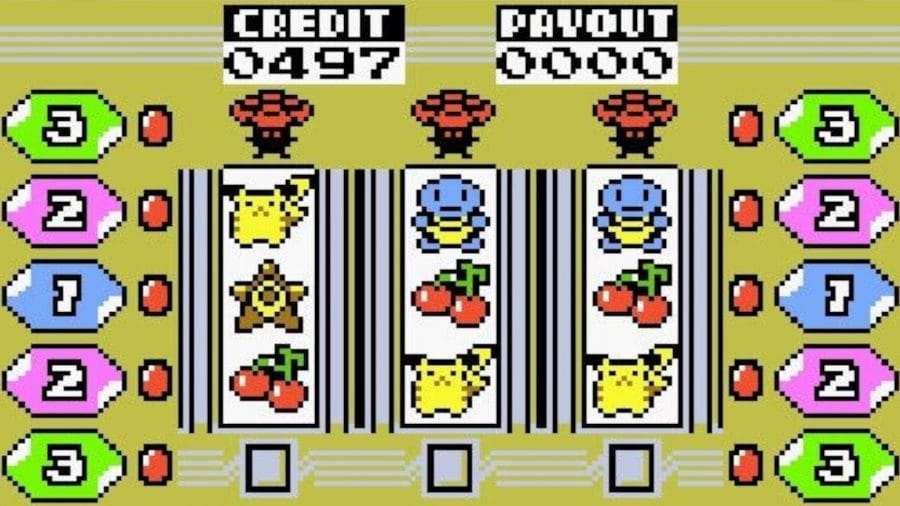
Two years ago, I made the life-changing decision to walk away from gambling. It was a hard road, but I’ve managed to stay clean. However, during my recovery, I discovered something that could have easily pulled me back in if I wasn’t careful—Pokémon cards.
At first glance, it might seem like an innocent hobby, but for someone with a history of gambling addiction, it can be a dangerous trigger. The rush of opening booster packs, the chance of pulling a rare and valuable card, and the endless chase for the next big hit—it all mirrors the cycle of gambling. If you’re not mindful, this “harmless” hobby can turn into a financially and emotionally draining addiction.
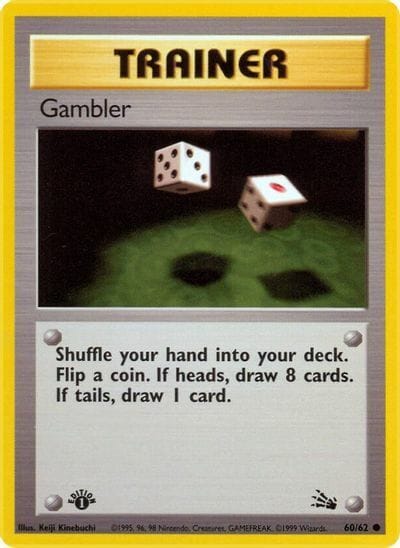
The Psychological Effects: Gambling vs. Pokémon Cards
Gambling and Pokémon card collecting share a fundamental psychological hook—the allure of chance and the dopamine rush that comes with it. When you gamble, your brain gets conditioned to expect rewards at unpredictable intervals, a principle known as variable-ratio reinforcement. This is the same mechanism that makes pokie machines so addictive—you never know when the next big win will come, so you keep playing.
Opening Pokémon card packs operates on this exact principle. You’re spending money for a chance to pull a rare and valuable card, and the uncertainty keeps you coming back for more. Every time you rip open a pack, your brain releases dopamine, reinforcing the behavior. Even if you don’t pull what you want, the near-misses (a mid-tier illustration rare or an ex card) keep the hope alive—much like getting a mini or minor jackpot win on the pokies that convinces you to keep playing.
Worse, sunk cost fallacy plays a huge role. Once you’ve spent money chasing a card, you feel committed. Instead of stopping, you rationalize spending more—“I’ve already put in this much, might as well go all in.” This is exactly how gamblers spiral deeper into their addiction, and it’s why Pokémon cards can be a dangerous hobby if not approached with discipline.
A lot of what I’ve learned about this connection between gambling and Pokémon cards comes from various YouTube videos and insights from my gambling therapist. Understanding the psychological mechanics behind addiction has helped me recognize patterns in my own behavior and put safeguards in place to avoid falling into old habits. If you’re someone with a history of gambling addiction, I strongly recommend educating yourself on these psychological triggers—awareness is the first step to preventing a relapse.
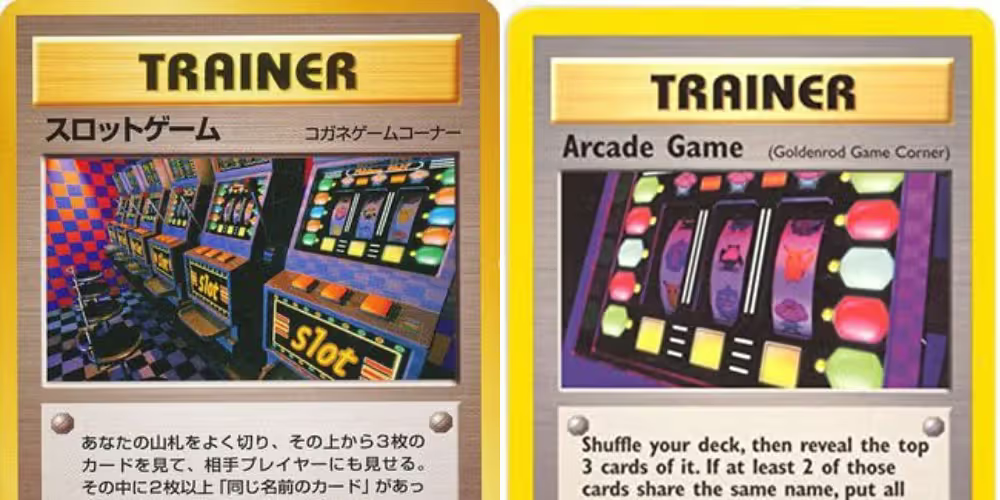
The Gambling-Like Nature of Pokémon Cards
Pokémon card packs operate on the same psychological principles as pokie machines. You buy a pack without knowing what’s inside, and there’s always the hope that you’ll hit the jackpot—a rare and valuable card. The anticipation, the excitement, the dopamine rush—it’s eerily similar to betting on sports, playing the pokies, or sitting at a casino table. Just like in gambling, the house (or in this case, the Pokemon company) always wins, ensuring that only a fraction of packs contain truly valuable cards.
Many collectors fall into the same mindset as gamblers: "I just need to hit the chase card, and I’ll make my money back." This is exactly how casinos keep players hooked—by making them believe that one big win will solve everything. But the reality is, just like in gambling, most players end up spending far more chasing the win than they ever get back. It’s a vicious cycle that can quickly spiral out of control.
Live-streamed card breaks on platforms like Whatnot and Tiktok take this even further. These live rips are designed to maximize the thrill factor. Watching someone else open packs in real-time, with a chat full of people cheering, creates an environment that can be incredibly triggering for recovering addicts. It’s not just about the cards—it’s about the experience, the chase, and the FOMO (fear of missing out). And then there’s the elusive God Pack, a booster pack where every single card inside is ultra-rare, turning it into the ultimate grand jackpot. The odds of pulling one are astronomically low, yet the dream of hitting that perfect pack fuels the addiction cycle even further, much like chasing a big win at a casino.
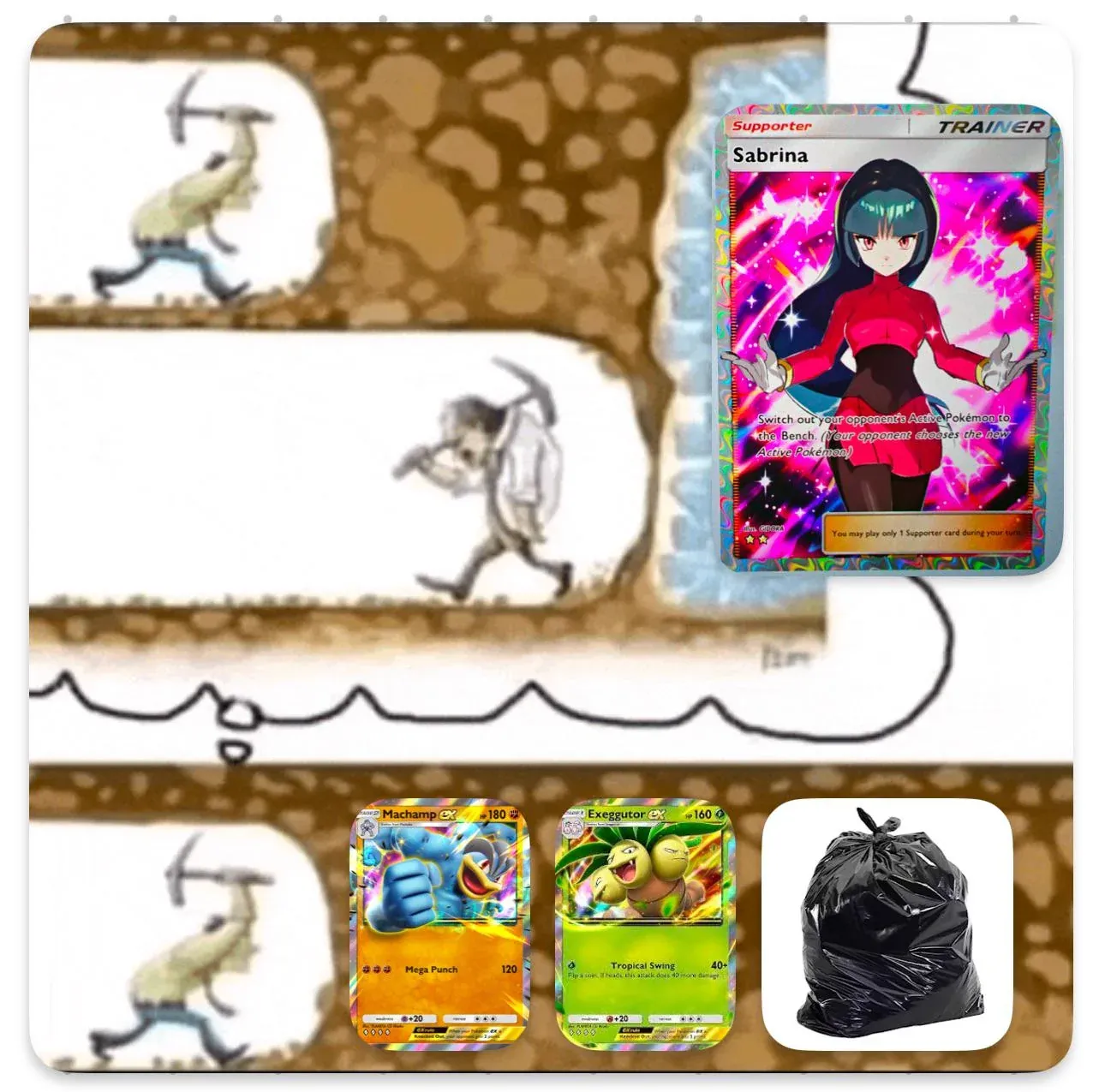
My Surging Sparks Wake-Up Call
When the Scarlet & Violet – Surging Sparks set was released, I fell into a rabbit hole chasing the Special Illustration Rare Pikachu. I told myself, "Just a few packs," but before I knew it, I had spent over $1,500 on booster boxes, elite trainer boxes, and loose packs—all in the hopes of pulling that one card.
Ask yourself this: if you walked into a casino, handed over $100, and were given exactly $100 worth of chips with no chance to win more, would that sound fun? Probably not. More than likely, you’d think, "I can try to turn this $100 into $1,000." That’s exactly what happens when you chase a rare Pokémon card through pack openings. Instead of stopping, you keep going, thinking, "Just one more pack, just one more shot." Looking back, I could have simply bought the card outright for a fraction of that cost. The experience was a painful reminder of how easy it is to slip into that gambling mindset, even in a hobby I love. That moment was a turning point for me, reinforcing why I needed to avoid booster packs altogether and focus on collecting smarter.
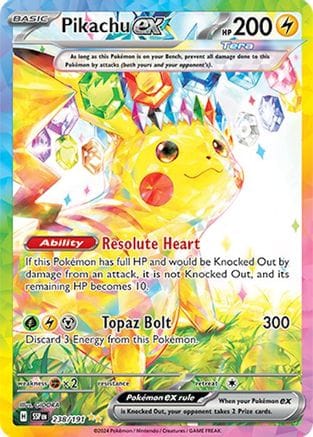
How I Collect Without Feeding the Addiction
After realizing the similarities between pack opening and gambling, I made a conscious decision to collect in a way that doesn’t put me at risk. Pokémon cards don’t have to be a financial pitfall or an unhealthy obsession—they can be a smart, enjoyable hobby if approached with discipline and strategy. Here’s how I do it:
- Avoiding Ripping Packs – I’ve made a conscious decision to avoid ripping packs whenever I can. Not only is it very expensive, but the odds of pulling the card you’re chasing are rarely worth the gamble. When a new set releases, I might rip 3–4 packs just to join in on the hype, but I’m careful not to let emotions take over. If I get the itch, I’ll pick up a single pack here and there to scratch it, but never enough to spiral. As for booster boxes, I’d much rather keep them sealed—they make great display pieces and long-term investments.
- Hold Onto Sealed Products – I focus on collecting sealed products as long-term investments. This scratches the collecting itch without the instant-gratification cycle of ripping packs. Over time, sealed products tend to appreciate in value, making them a much smarter way to engage with the hobby.
- Reselling – To keep my spending under control, I buy, sell, and flip cards strategically. This allows me to fund my collection without constantly pouring money into new products. One of my favorite strategies is buying three of each product—two to keep sealed as a long-term investment and one to resell or trade. By selling those two at the right time, I often make back my initial investment, essentially allowing me to collect for free or at a significantly reduced cost.
- Setting Clear Limits – Don’t go into debt for shiny cardboard—only spend what you can comfortably afford. I usually set aside a slice of my paycheck as “play money” for hobbies, so I can enjoy collecting guilt-free. Avoid Afterpay or any Buy Now Pay Later service. They make it way too easy to convince yourself you can afford something—until all those little payments stack up and suddenly, you’re in over your head. Stick to cash or a debit card; it keeps your spending honest. Keep an eye on your purchases, notice what triggers impulsive buys, and set clear boundaries. The whole point is to enjoy the hobby without letting it mess with your wallet—or your peace of mind.
- Never Paying Over Retail & Avoiding Scalpers – Patience is key—restocks happen, and there are always future releases. I make it a strict rule to never pay market price or scalped prices for any sealed product—full stop. I’ve refused to give in to inflated prices and have never once paid a scalped price. To stay ahead, I rely heavily on a Discord group for stock notifications, which helps me snag items as soon as they restock online or hit the shelves at big box retailers. This also means I only buy from official online retailers or large chains like Target, Kmart, EB Games, or Big W. I avoid local card shops and specialized toy stores altogether—their prices are almost always marked up, even during normal release periods. It might take a bit more patience, but sticking to retail pricing keeps my spending in check and ensures I'm collecting smart, not impulsively.
- Avoiding Live Streams & Influencer Hype – The excitement of Whatnot streams and influencer-driven hype can be dangerous. I stay away from these triggers, ensuring that my collecting remains intentional and rewarding.
A Final Word
At the end of the day, collecting Pokémon cards should be a fulfilling and enjoyable hobby—not a financial or emotional burden. It’s easy to get caught up in the hype, the thrill of the chase, and the pressure to keep up with every new release. But remember, you don’t have to buy everything. You don’t need to chase every single card or own every set. It’s okay to skip a product.
Set clear boundaries, be mindful of your spending, and collect in a way that brings you joy without triggering unhealthy behaviors. Pokémon is meant to be fun—so make sure you’re playing the game, not letting the game play you. You don’t need to catch ‘em all.
If you need immediate help, call the gambling helpline on 1800 858 858 or visit Gambling Help Online.
